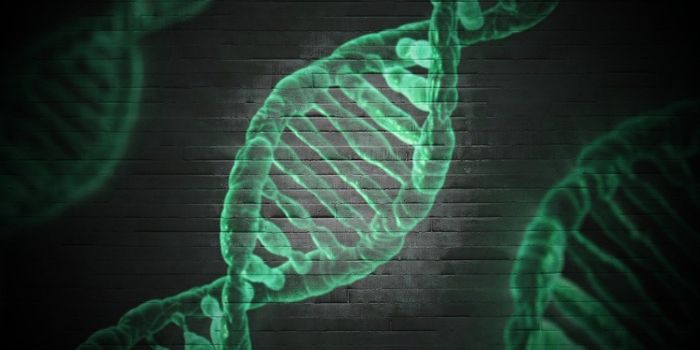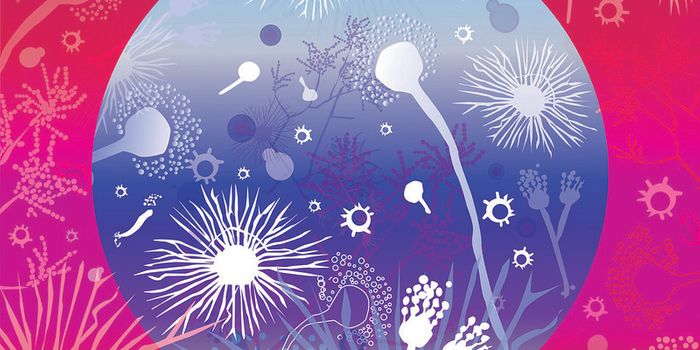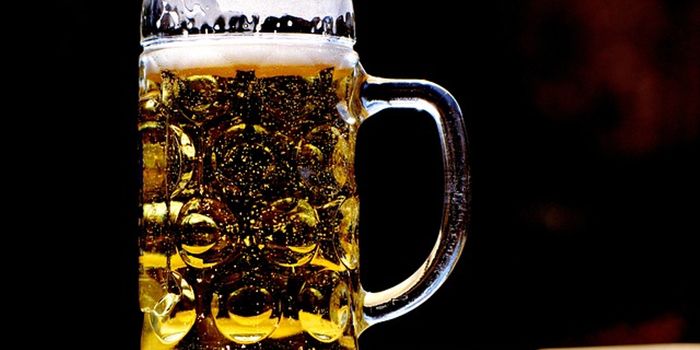Bacteria present in poop can sway the fat content in our bodies. This is the
startling conclusion scientists made after studying fecal samples from more than 3,600 twins. These results have profound implications on our understanding of weight gain or loss, and on future therapies, like the disgust-inducing fecal transplant.

At least 50 percent of human feces is made up of bacteria shed from the gut. Thus, it makes sense that knowing the content and the quantity of the bacteria could provide great insight on our digestive processes. This is exactly what researchers from King's College London set out to do.
"We wanted to characterize how the microbiome changes in obese people ... and see which bacteria live in the gut," said
Michelle Beaumont, a research associate in gut microbiome and obesity at Kings College London, and lead author of the study.
Beaumont and her team examined stool samples from 3,666 twins, intent on identifying the diversity of the bacteria present in the fecal microbiome. They then compared this information to other measures of obesity, including body mass index (BMI), body fat ratios, and visceral fat content.
They found that a more diverse fecal microbiome was associated with lower visceral fat, meaning lower obesity. "Visceral fat is one of the fats that's hardest to remove," Beaumont said. "[It] has a much stronger association with the microbiome than BMI."
How does more diverse bacteria influence fat content? The team doesn’t know for sure yet. In addition, Beaumont is cautious to add that the result is an association, not a cause-effect. "As this was an observational study we cannot say precisely how communities of bacteria in the gut might influence the storage of fat in the body, or whether a different mechanism is involved in weight gain."
But it’s not hard to think ahead and see what this would mean for helping people combat obesity.
The gut microbiome clearly plays a role in how fat is extracted and stored in the body. And if there’s a link between this and the fecal microbiome, could stool transplants change how the gut processes fat?
So far, stool transplants have been done to treat people with antibiotic-resistant infections. But no one has yet to think these can be done to help prevent weight gain. And perhaps the results of the current study will open the door for this research. "This study has shown a clear link between bacterial diversity in feces and markers of obesity and cardiovascular risk,” said Beaumont.
But if the idea of another person’s poop sounds too dramatic for your taste, Beaumont suggests a much simpler, less odious option: diversify your diet to diversify your poop. If you look at our hunter-gatherers, their diet tended to vary from season to season, from location to location. While our methods of obtaining foods have gotten much easier, perhaps we should make an effort to eat more than just the same foods every day. "This is really adding to the body of evidence that you should be very, very careful with your diet," Beaumont reiterated. "You should be eating a diverse diet."
Additional sources:
BBC News,
CNN


















































